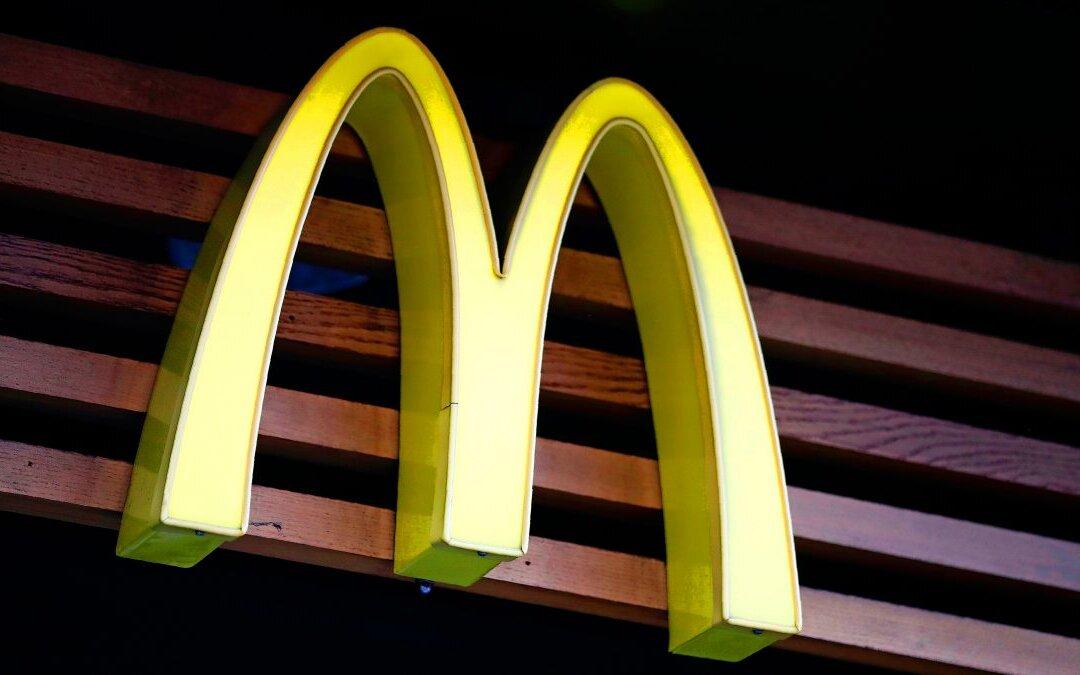A police officer responded to a 5-year-old boy’s 911 call to bring him McDonald’s.
While his grandmother was sleeping last week, Izaiah Hall phoned emergency dispatchers.


A police officer responded to a 5-year-old boy’s 911 call to bring him McDonald’s.
While his grandmother was sleeping last week, Izaiah Hall phoned emergency dispatchers.